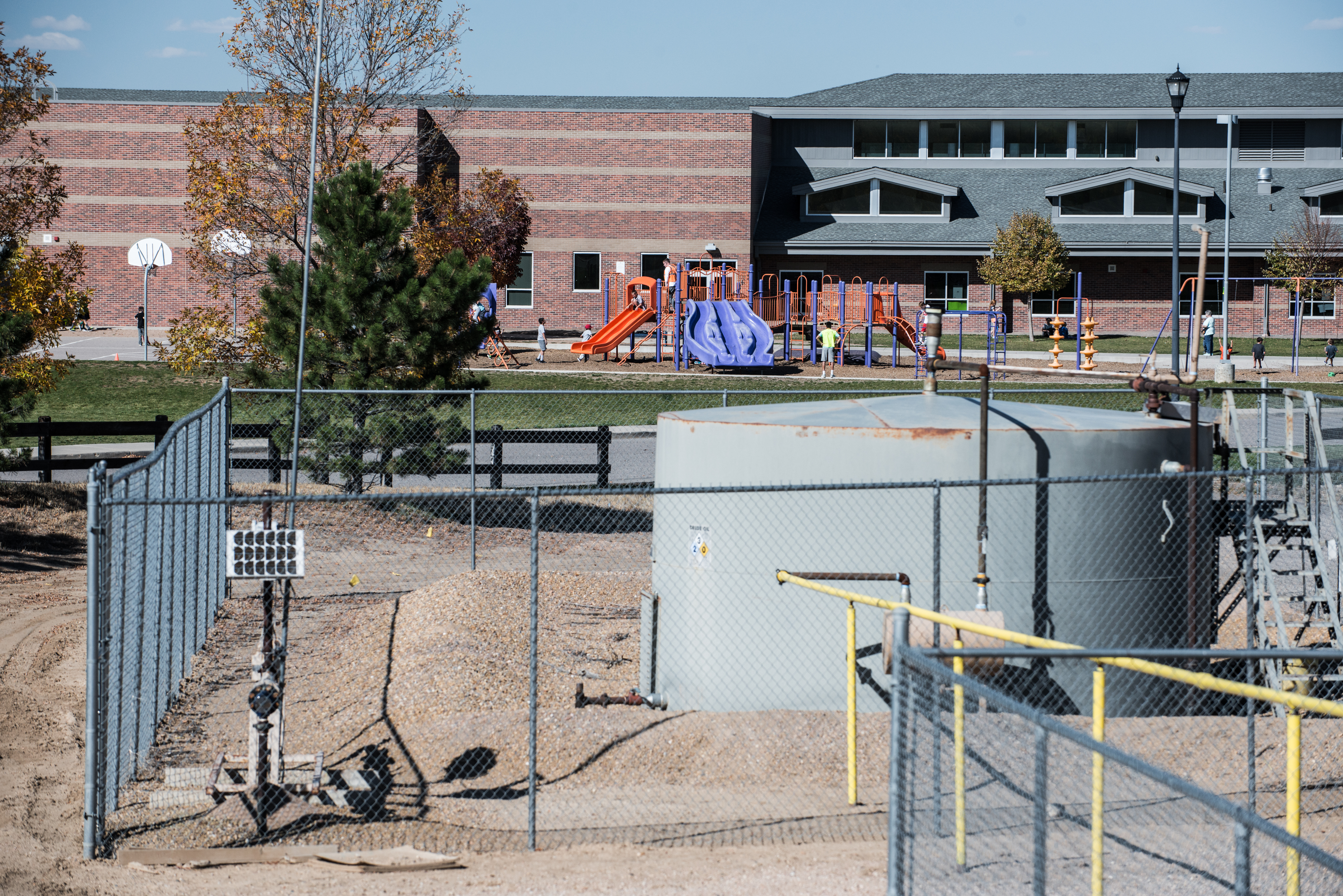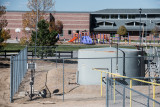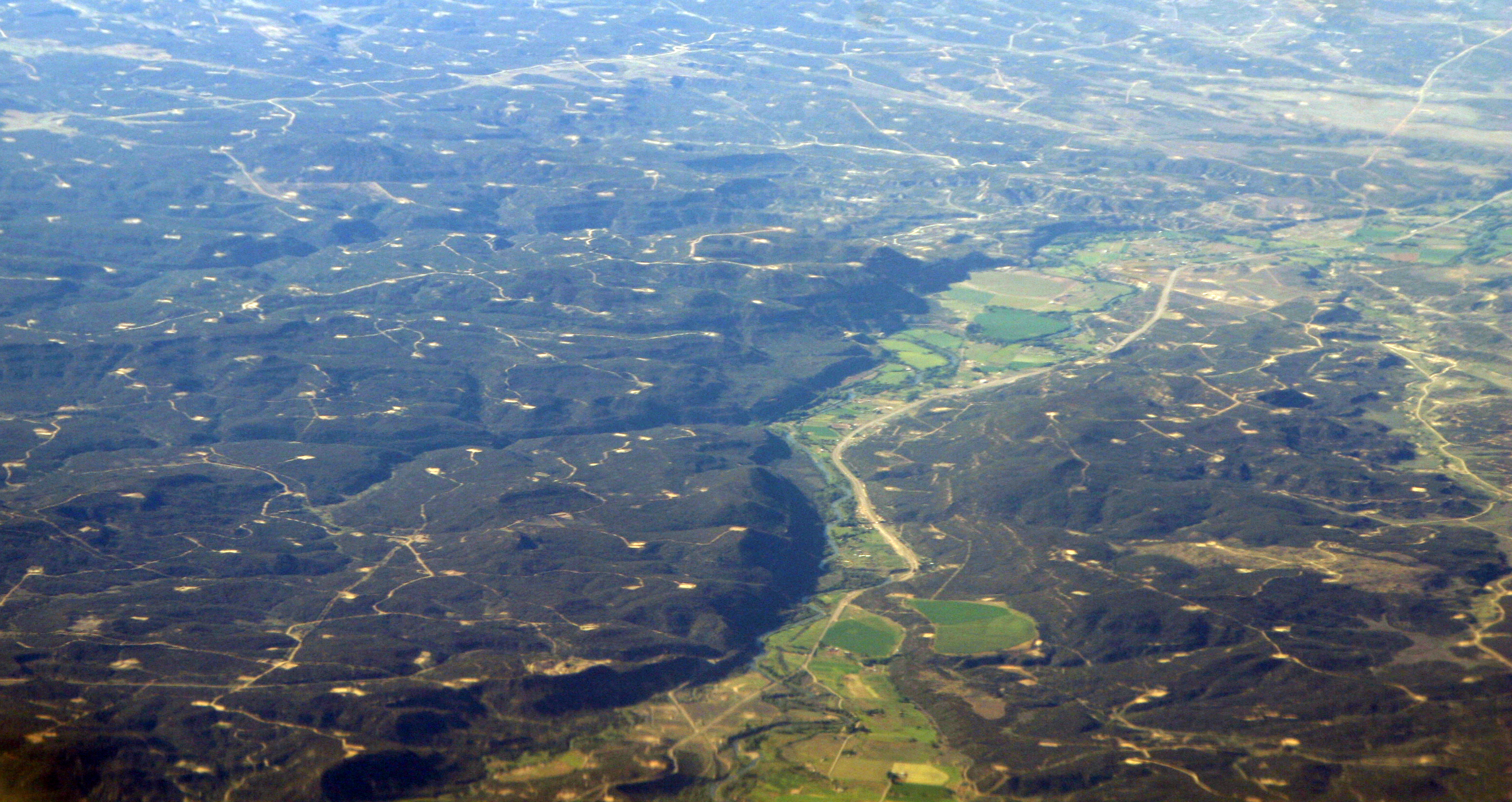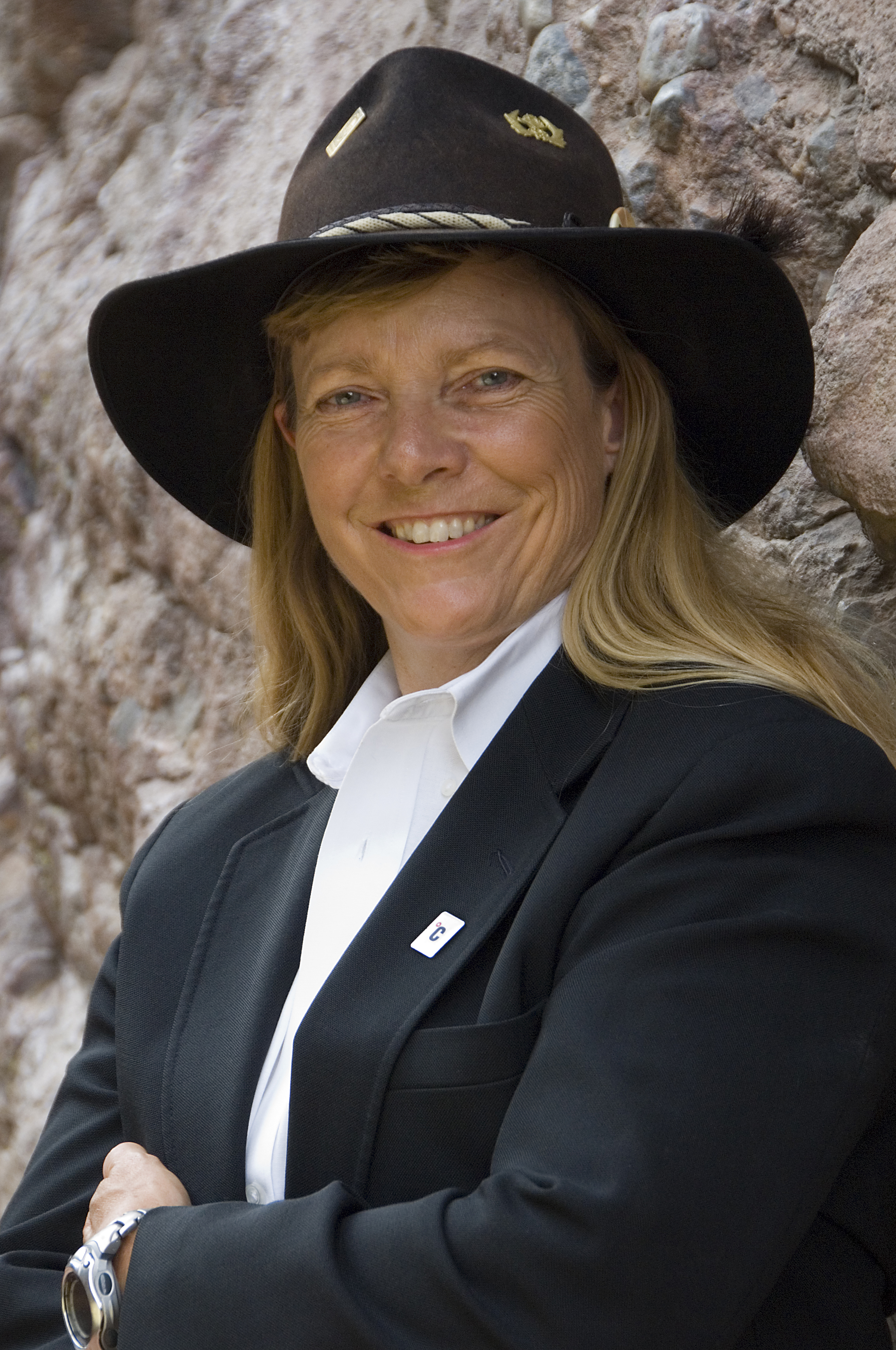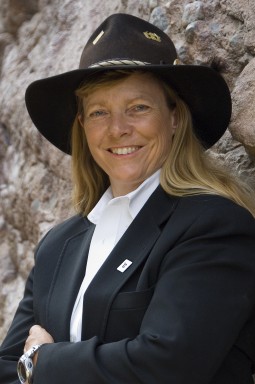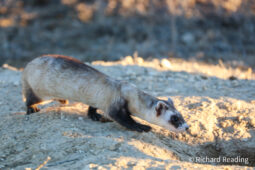
Protecting Wolves, ferrets, prairie dogs, vultures, etc. (start time: 3:39) How effective are Colorado’s efforts to preserve vulnerable species – wolves, black-footed ferrets, bears, prairie dogs and others? And what ingredients make it possible, including throughout the U.S. and the world, for wild animals and humans to get along when their homes overlap? Today How On Earth host Susan Moran continues her conversation with our guest from last week, wildlife ecologist Dr. Richard Reading, Chair of the Colorado Parks and Wildlife Commission, about Colorado’s most recent Wildlife Action Plan, and about other efforts to protect vulnerable species, ranging from butterflies to vultures. Dr. Reading is also Vice President of Science and Conservation at the Butterfly Pavilion.
If you missed our Pt. I conversation with Rich Reading last week, click here.
Hosts: Susan Moran, Joel Parker
Show Producer: Susan Moran
Engineer: Joel Parker
Executive Producer: Beth Bennett
Listen to the show here:
Podcast: Play in new window | Download (Duration: 26:32 — 36.4MB)
Subscribe: RSS



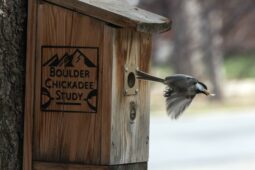

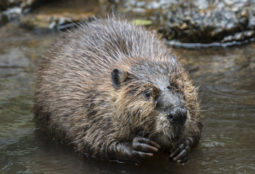
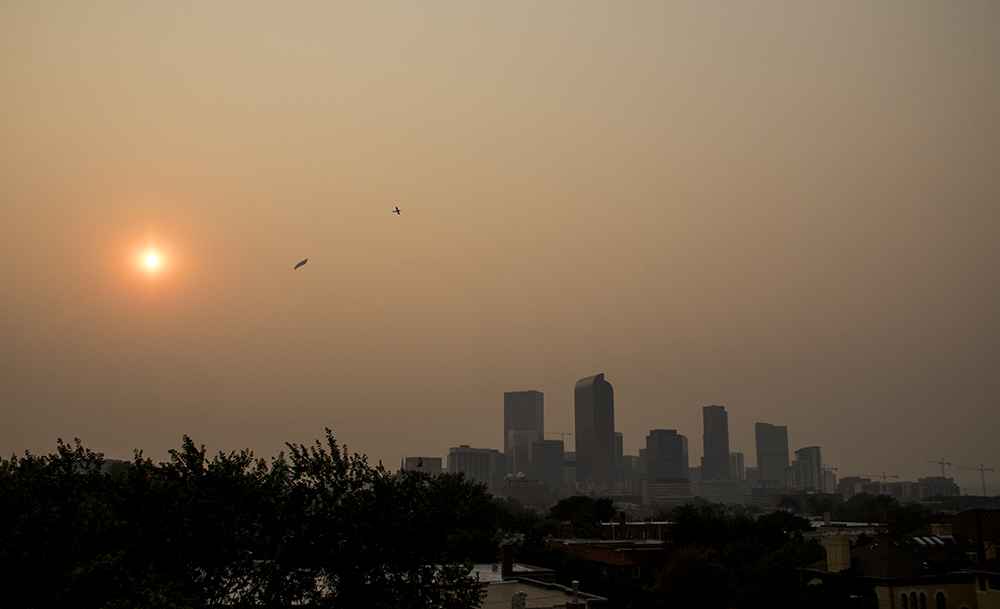



 This August 21st, some parts of the Earth will be plunged into darkness in the middle of the day. It will be a solar eclipse; the moon’s shadow will cross the United States from Oregon to South Carolina, with the path closest to Colorado passing through Wyoming and Nebraska.
This August 21st, some parts of the Earth will be plunged into darkness in the middle of the day. It will be a solar eclipse; the moon’s shadow will cross the United States from Oregon to South Carolina, with the path closest to Colorado passing through Wyoming and Nebraska.